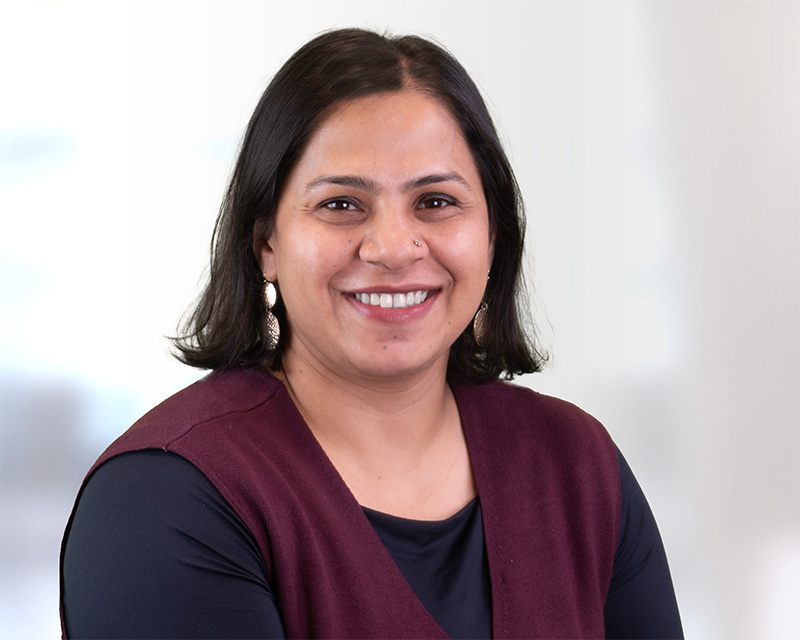- India Hunger Levels Ranked as “Serious” in 2016
- The Country Scores 97th out of 118—Behind Iran, Iraq, Nigeria and Bangladesh
October 11, 2016—Despite improvements in hunger and nutrition, India was rated as a country with “serious” hunger levels in the 2016 Global Hunger Index, released today. If hunger declines at the same rate as the report finds it has since 1992, more than 45 countries—including India, Pakistan, Haiti, Yemen, and Afghanistan—will still have “moderate” to “alarming” hunger scores in the year 2030, far short of the United Nations goal to end hunger by that year.
“Simply put, countries must accelerate the pace at which they are reducing hunger or we will fail to achieve the second Sustainable Development Goal,” said IFPRI Director General Shenggen Fan. “Ending global hunger is certainly possible, but it’s up to all of us that we set the priorities right to ensure that governments, the private sector and civil society devote the time and resources necessary to meet this important goal.”
India was rated as “alarming” in 2013 and has experienced an improvement in its GHI score over recent years. Since 2000, the country has reduced its GHI score by a quarter. Recent data show that almost two in five Indian children under five years of age are stunted, or too short for their age. In the early 1990s, over 60 percent of Indian children were stunted.
Today, India has the fifth highest GHI score in South, East, and Southeast Asia—doing better than only Afghanistan, Timor-Leste, Pakistan, and North Korea.
“India is slated to become the world’s most populous nation in just six years, and it’s important that we meet this milestone with a record of ensuring that the expected 1.4 billion Indians have enough nutritious food for healthy and successful lives,” said Pramod Joshi, IFPRI Director for South Asia. “India is making tremendous progress—but we have significant challenges ahead.”
Globally, the Central African Republic, Chad, and Zambia had the highest levels of hunger in the report. The GHI score for the developing world as a whole is 21.3, which is in the low end of the “serious” category. Regionally, Africa South of the Sahara has the highest hunger level, followed closely by South Asia. Rounding out the top 10 countries with the highest levels of hunger after Central African Republic, Chad, and Zambia are: Haiti, Madagascar, Yemen, Sierra Leone, Afghanistan, Timor-Leste, and Niger.
Around half of the populations of Haiti, Zambia, and the Central African Republic are undernourished—the highest in the report. In Timor-Leste, Burundi, and Papua New Guinea, approximately half of children under five are too short for their age due to nutritional deficiencies.
The report outlined some bright spots in the fight to end world hunger. The level of hunger in developing countries as measured by the GHI has fallen by 29 percent since 2000. Twenty countries, including Rwanda, Cambodia, and Myanmar, have all reduced their GHI scores by over 50 percent each since 2000. And for the second year in a row, no developing countries for which data was available were in the “extremely alarming” category.
But declines in average hunger levels across regions or individual countries do not tell the whole story. The averages can mask lagging areas where millions are still hungry, demonstrating the need for data and targeted solutions for the communities facing the greatest need. Although the Latin America region has the lowest regional GHI score in the developing world, Haiti, for example, has the fourth highest GHI score at an “alarming” 36.9. Mexico has a low level of overall hunger, but also contains areas within its borders where child stunting—an indicator of child undernutrition—is relatively high.
The GHI, now in its 11th year, ranks countries based on four key indicators: undernourishment, child mortality, child wasting and child stunting. The 2016 report ranked 118 countries in the developing world, almost half of which have “serious” or “alarming” hunger levels.
“The 2030 Agenda sets a clear global objective: we must end hunger—everywhere—within the next 14 years,” said David Nabarro, UN Adviser on the 2030 Agenda for Sustainable Development. “Today hunger exists in devastating levels in too many places, and we must move faster, work harder, and innovate better in order to eradicate hunger for all and for good.”
More information can be found at: https://www.ifpri.org/topic/global-hunger-index
###
The International Food Policy Research Institute (IFPRI) seeks sustainable solutions for ending hunger and poverty. IFPRI was established in 1975 to identify and analyze alternative national and international strategies and policies for meeting the food needs of the developing world, with particular emphasis on low-income countries and on the poorer groups in those countries Visit: www.ifpri.org.
Welthungerhilfe is one of the largest non-governmental aid organizations in Germany. It provides fully integrated aid from one source, ranging from rapid emergency relief to reconstruction programs, as well as long-term development projects with local partner organizations following the principle of help toward self-help. In addition, we aim at changing the conditions that lead to hunger and poverty by awareness raising and advocacy work at national and international level. Visit: www.welthungerhilfe.de.
Founded in Ireland in 1968, Concern Worldwide is a non-governmental, international, humanitarian organization, dedicated to the reduction of suffering and working toward the ultimate elimination of extreme poverty. The mission is to help people living in extreme poverty to achieve major improvements in their lives which last and spread without ongoing support from Concern. Concern currently works in 27 of the world’s poorest countries, with offices in London, New York, Belfast and Dublin and more than 2,900 committed and talented staff. Visit: www.concern.net.



